Search Results: rohan salmond
-
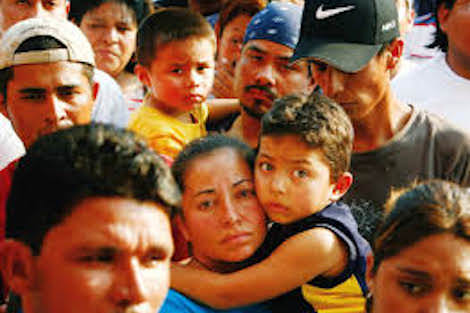
INTERNATIONAL
- Sean Cowan
- 25 August 2017
8 Comments
It seems like immigration hasn’t been seen in a positive light of late. Control over immigration has been a central theme in the successful Brexit bid in the United Kingdom. America elected a president who suggests tougher laws and screening for immigrants. Syrian refugees were welcomed by the thousands into Canada (46,700 in 2016 alone to be exact) not without considerable controversy.
READ MORE 
-

MEDIA
Last week I was rung to say my dog was missing. I finished at work as soon as I could, ringing the local council and neighbourhood vet on the way home. Neither had seen anything of him but suggested we post on social media. As my husband and I drove and walked the streets, the messages came in. People were concerned. He was missing from an enclosed yard. Some offered to look, others from further away, shared hope and the Facebook post. The post went everywhere, the last I saw was in Western Australia.
READ MORE 
-
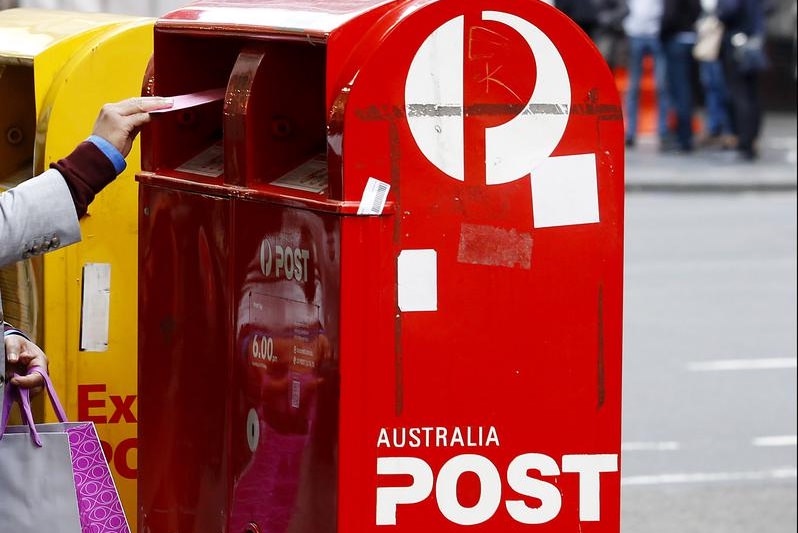
AUSTRALIA
- Rohan Salmond
- 21 August 2017
53 Comments
Same-sex marriage, the government tells us, is not a first-order issue. And yet it has grown to become a controversy so monumental it has overshadowed even the prospect of nuclear war with North Korea.
READ MORE 
-
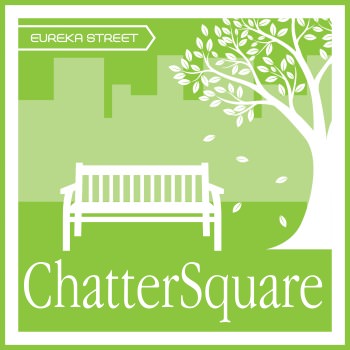
PODCAST
Shouldn't religion be treated like an essential news desk? What does journalistic competence in this area look like? How do funding cuts affect the way religion is covered? In this Extra episode of ChatterSquare, Rohan Salmond and Tito Ambyo take us through the challenges and benefits of religion reporting.
READ MORE
-
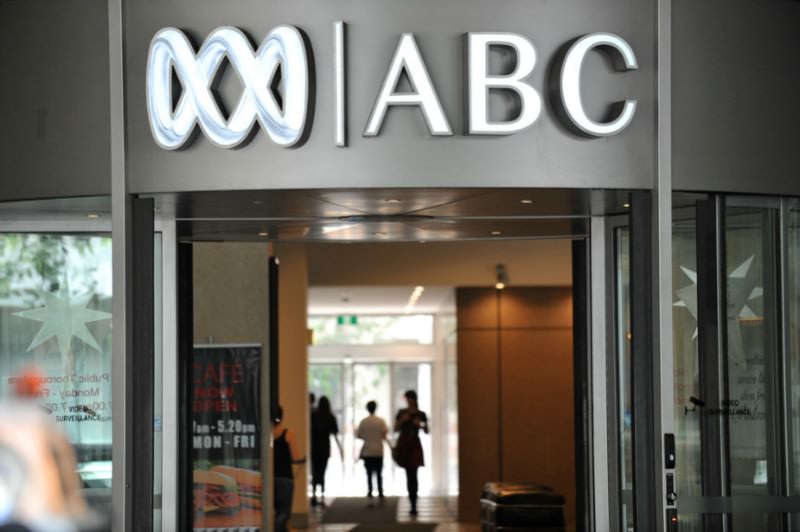
MEDIA
- Rohan Salmond
- 01 June 2017
28 Comments
Reports that the ABC will no longer require the head of the religion unit to be a religion specialist are more than a little surprising. The ABC has a commitment in its charter to 'reflect the cultural diversity of the Australian community'. Without religion reporting from people with specialist journalistic backgrounds, the ABC jeopardises its ability to fulfil its ongoing functions and responsibilities. Like it or not, religion still plays a huge part in public life in Australia, which affects the lives of everyone.
READ MORE 
-
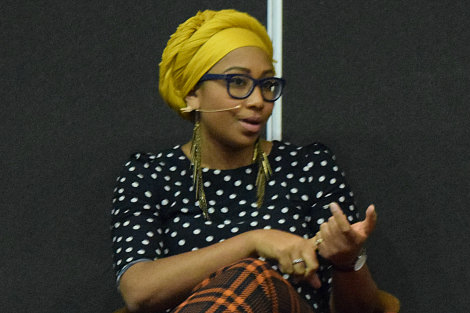
MEDIA
- Rohan Salmond
- 28 April 2017
35 Comments
Even though the post was quickly withdrawn and an apology issued, the backlash has lasted more than four days. It was enough to warrant a front page story on The Daily Telegraph, a call for Abdel-Magied's dismissal by the deputy prime minister and public repudiations by half a dozen government front benchers and other politicians, including Pauline Hanson. It's ironic that the very commentators who constantly rail against political correctness are apoplectic about a woman being politically incorrect.
READ MORE 
-

MEDIA
- Rohan Salmond
- 17 March 2017
22 Comments
The Bible Society didn't think its video promoting civilised discussion about same-sex marriage would be a problem, but it pushed a lot of buttons they didn't even know existed. There are a lot of layers to the public's reaction, but here's one: the Bible Society has never taken an explicit public position on the present marriage debate, but its sister organisation, the Centre for Public Christianity, only features videos and essays by people who hold an exclusively man-woman view of marriage.
READ MORE 